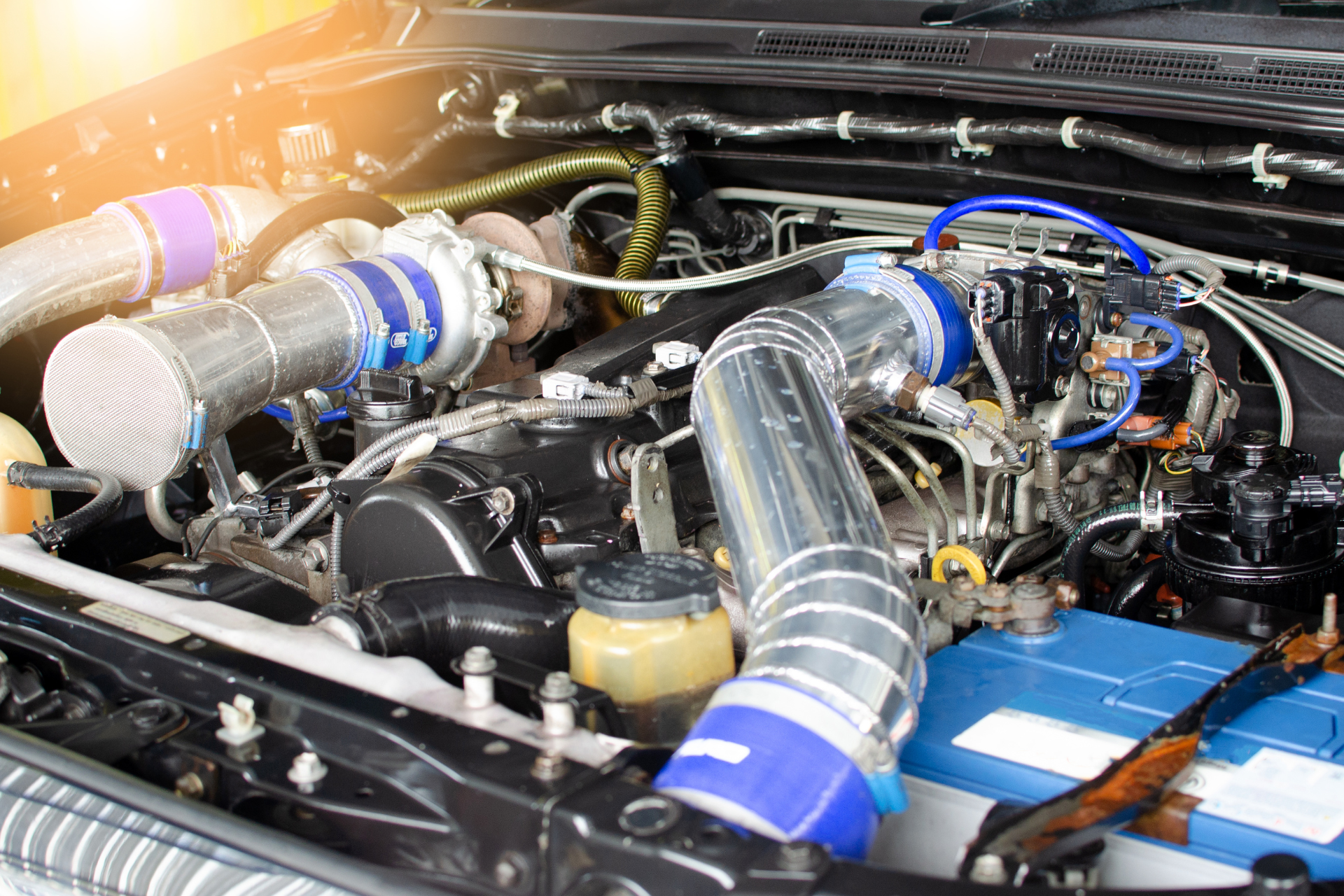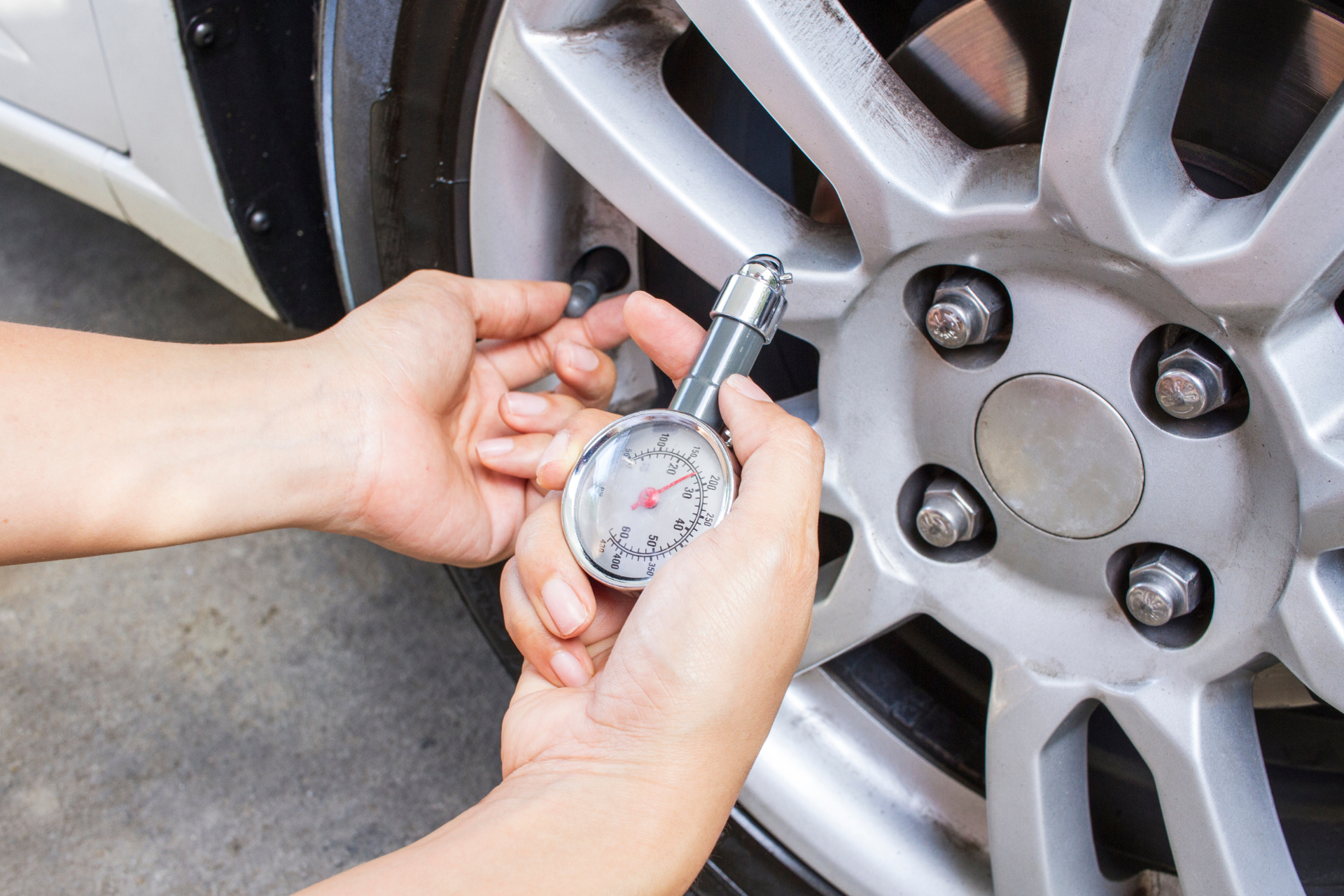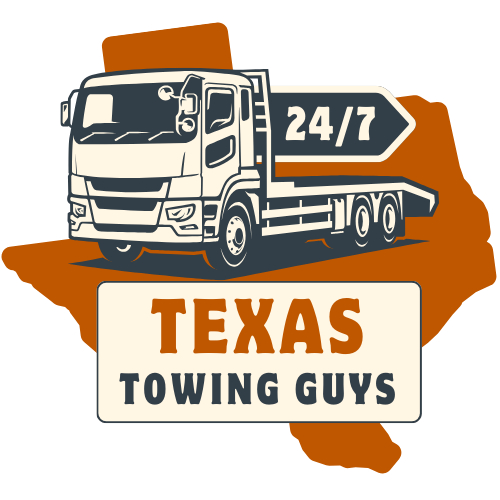Gasoline vs. Diesel Engines: Towing Considerations

In the world of vehicle towing, choosing the right type of engine can make a significant difference in how smoothly the towing process goes. For many drivers, the decision between a gasoline and a diesel engine can be a tough one, especially when it comes to towing heavy loads. At Texas Towing Guys, we understand the importance of selecting the right engine for your towing needs. Let's dive into the differences between gasoline and diesel engines and explore how each type performs when it comes to towing.
Gasoline Engines:
Gasoline engines are a common choice for many drivers due to their widespread availability and lower upfront costs compared to diesel engines. When it comes to towing, gasoline engines can be a suitable option for lighter loads or occasional towing needs. They offer a smooth and quiet operation, making them ideal for everyday driving.
One of the key considerations when towing with a gasoline engine is its power output. Gasoline engines typically produce less torque compared to diesel engines, which can impact their towing capacity, especially when towing heavy loads over long distances. This means that gasoline engines may struggle when it comes to towing large trailers or boats up steep inclines.
On the plus side, gasoline engines are generally easier and cheaper to maintain compared to diesel engines. They require less frequent oil changes and have simpler emissions systems, making them a cost-effective choice for drivers who don't tow frequently or for long distances.
Diesel Engines:
In contrast to gasoline engines, diesel engines are known for their high torque output, which makes them well-suited for towing heavy loads. Diesel engines are more fuel-efficient than gasoline engines, providing better mileage when towing, which can result in cost savings over the long run.
When it comes to towing, diesel engines excel in terms of power and performance. They offer superior towing capabilities and can handle heavier loads with ease. This makes diesel engines a popular choice among drivers who tow regularly or need to tow heavy trailers, RVs, or equipment.
However, it's important to note that diesel engines come with a higher upfront cost compared to gasoline engines. Additionally, diesel fuel tends to be more expensive than gasoline in many regions. Despite this, the improved fuel efficiency and towing capabilities of diesel engines make them a worthwhile investment for drivers who prioritize towing performance.
Considerations for Towing:
When deciding between a gasoline and a diesel engine for towing, there are several factors to consider.
- Towing Frequency
If you tow infrequently and don't require heavy towing capabilities, a gasoline engine may be a more practical choice.
- Towing Capacity
For towing heavy loads or traveling long distances with a trailer, a diesel engine is likely the better option due to its higher torque output.
- Operating Costs
While diesel engines may have higher upfront costs and fuel prices, their improved fuel efficiency can lead to long-term savings, especially for frequent towers.
At Texas Towing Guys, we prioritize the safety and satisfaction of our customers, which is why we offer expert towing services and assistance for all types of vehicles. Whether you drive a gasoline or diesel-powered vehicle, our experienced team is here to help with all your towing needs.
In conclusion, both gasoline and diesel engines have their advantages and considerations when it comes to towing. Understanding the differences between these two engine types can help you make an informed decision based on your towing requirements. Remember, the right engine choice can make all the difference when it comes to a smooth and efficient towing experience.




